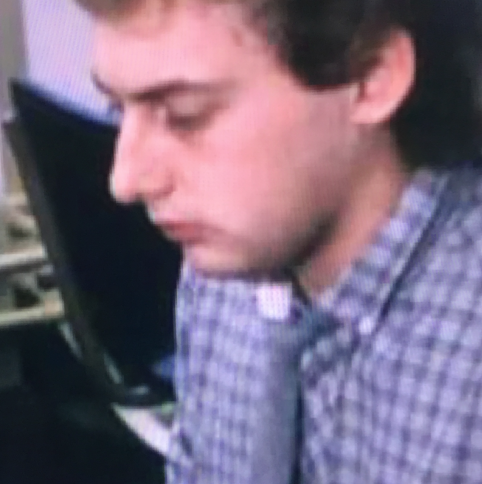- ‘Lies, damned lies etc…’ - 13th February 2026
- Missing in action - 12th February 2026
- Travel news again - 11th February 2026
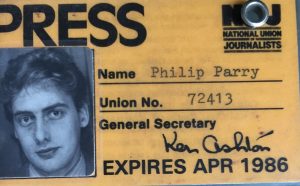
On The Eye our Editor Phil Parry has described how he was helped to break into the South Wales Echo office car when he was a cub reporter, recalled his early career as a journalist, the importance of experience in the job, and making clear that court cases are central to any media operation.
He has also explored how poorly paid most journalism is when trainee reporters had to live in squalid flats, the vital role of expenses, and about one of his most important stories on the now-scrapped 53 year-old BBC Wales TV Current Affairs series, Week In Week Out (WIWO), which won an award even after it was axed, long after his career really took off.
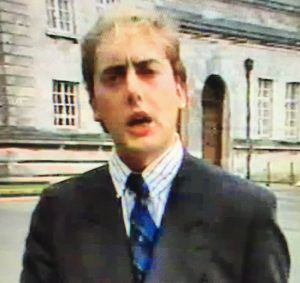
Phil has explained too how crucial it is actually to speak to people, the virtue of speed as well as accuracy, why knowledge of ‘history’ is vital, how certain material was removed from TV Current Affairs programmes when secret cameras had to be used, and some of those he has interviewed.
Here he emphasises that ‘calls’ to emergency services still have to be made at Christmas.
It’s worth remembering at this time of year that people have to work.
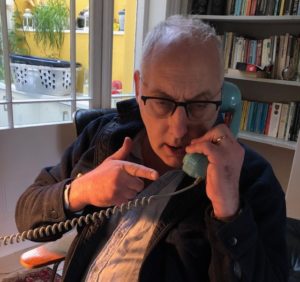
In journalism, for example, some unfortunate individual has to do the ‘calls’ to emergency services on Christmas day in any large media organisation.
In my day it was done on the phone, but now a lot of the calls are made using the internet.
These consist of contacting the police, ambulance service (now just one in Wales) and fire brigades (possibly more) every few hours to see what, if anything, is happening and they are usually automated today.

On one Christmas on the South Wales Echo in the early 1980s I had to do the calls in an empty newsroom, and I also did them (although from home) at the Cardiff freelance agency I worked on, Cambrian News Agency.
Unfortunately quite a lot happens on Christmas day for reporters.
Houses get burnt down because the lunch goes badly wrong, and with the thought of most people at home alongside their families there are, I’m sorry to say, a number of suicides by those who have no-one.

Families are thrown together in an oppressive atmosphere, pretending to be cheerful, and there are also plenty of drink-fuelled murders.
All these terrible events have to be reported.
I apologise for bringing up these details now, but someone has to report this kind of news, which does not stop just because it is Christmas.

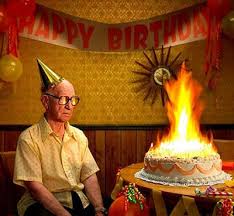
Many of these stories are first picked up by that solitary reporter doing the calls.
Usually it is a single person who is assigned this all-important duty and it is vital that the calls are done over Christmas and New Year.
I feel for the poor people who have to do them now in news organisations!
Once when I did the calls I was party to the black humour which seems to persist with the police.
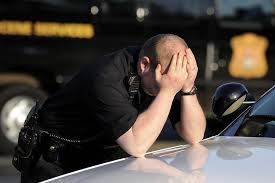
A sergeant at a Welsh police force, picked up the phone when I rang (it’s all centralised now) and told me about an apparent suicide at a beauty spot in South Wales when a man had driven his car off a cliff.
Sadly suicides on Welsh cliffs happen all too often, and another police officer told me that people who wanted to take their own lives would, bizarrely, lock their cars before getting out and jumping to their deaths.

This time though, the man had stayed in his car before driving it over the edge.
“He’s dead”, the officer said.
I cleared my throat and desperately tried not to sound shocked.
We were never allowed to say someone had died until we were given the news officially by the hospital.

I also tried to sound older than my years.
“Um, how can you be so sure?“, I asked, my voice wavering.
“Well,” he answered stifling a laugh, “his body is in the front and his head is in the back”.
 Phil Parry’s memories of his extraordinary 36-year award-winning career in journalism as he was gripped by the incurable disabling condition Hereditary Spastic Paraplegia (HSP), have been released in a major new book ‘A GOOD STORY’. Order the book now!
Phil Parry’s memories of his extraordinary 36-year award-winning career in journalism as he was gripped by the incurable disabling condition Hereditary Spastic Paraplegia (HSP), have been released in a major new book ‘A GOOD STORY’. Order the book now!








